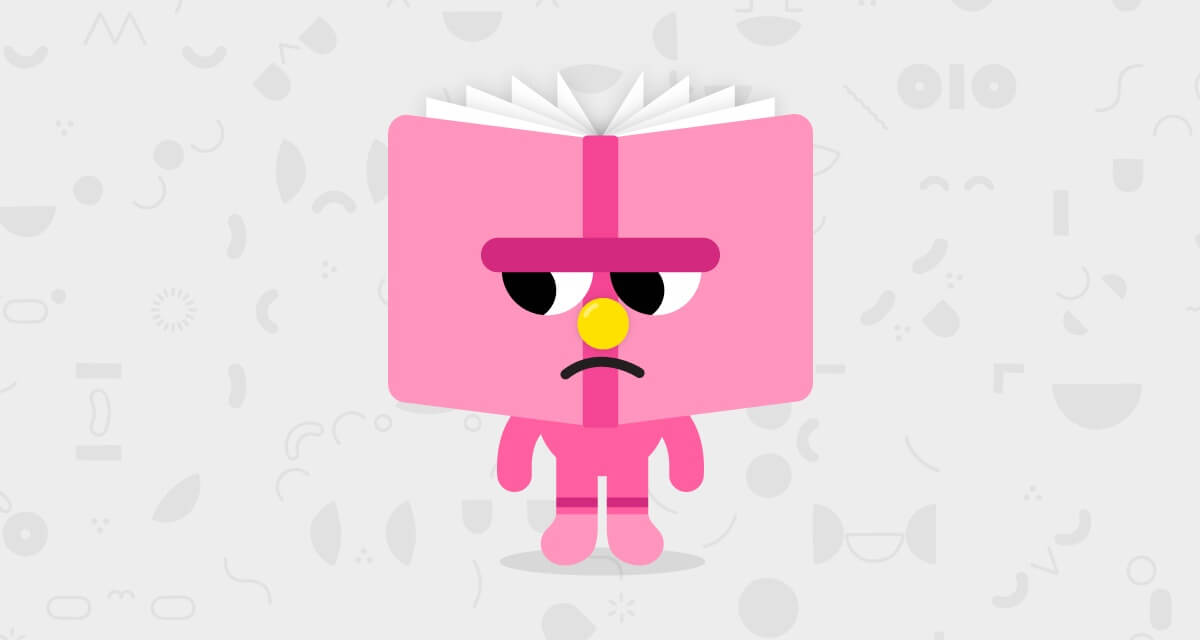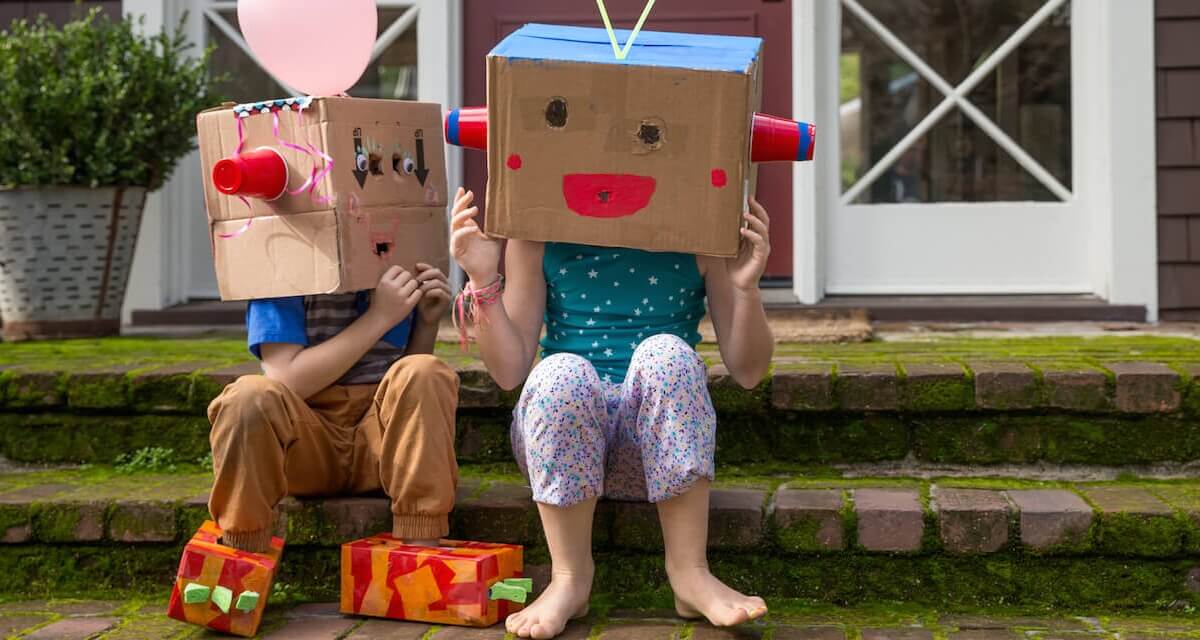Keep kids in control and help them reap the natural benefits of Pure Play.
- By
- Parker Barry
Ask a kid to define play and the word “fun” will most likely be the one-word response. Adults who study play add all kinds of labels: Social play. Competitive play. Constructive play. Imaginative play — the list goes on. Most forms of play have some common characteristics, so it can be challenging to figure out what’s what — and why it matters.
Here’s what to look for when it comes to Pure Play, and ways you can support Pure Play with your kids.
Pure Play is kid-directed
This is a tough one for many adults, but play that includes us should be primarily led by kids. Child development experts say the way young kids learn self-regulation is first through “other-regulation.” Some adults call this “bossiness,” and find it easier to play in ways that have adult-set rules and clear outcomes — win-lose board games, single-purpose toys or crafts with only one possible end result. But when a kid directs a parent during play, it signals growth. So when your 3-year-old asks you hold his teddy bear during the imaginary tea party, try complying pleasantly to model real-life cooperation.
- Tip: The next time your kid asks you to play, leave the usual adult-selected suggestions behind and just follow her lead, ask lots of questions and have fun!
Pure Play is unstructured and uninterrupted
Pure Play — the kind of fluid play that often happens during unstructured free time — helps kids learn how to share, resolve conflicts and develop other social skills. Research shows that play structured by adults can deflate kids’ creativity. Interruptions (even a well-meaning “good job” or “try it this way”) can disrupt Pure Play’s flow and cause kids to feel praised or directed.
- Tip: Keep a watchful eye, but don’t interrupt play unless absolutely necessary. Expect playmates to resolve conflicts, unless they ask for your help or it’s getting mean or physical.
Pure Play is play for the sake of play
No need for outer praise, performance tracking or material rewards. Signs that kids are reaping the natural rewards of Pure Play include enthusiasm, self-assessment and smiles. Play such as organized sports that are coach-driven and heavily focused on rules, competition and adult assessment may skip important stages in young kids’ development and understanding.
- Tip: Consider delaying young kids’ entry into organized sports or, if they are in a sports league, focus solely on fun, not performance.
Play can lay the groundwork for many academic and adult life skills. But ask kids, the real play experts, and it’s clear that the best play is play that simply lets kids have fun being kids.



